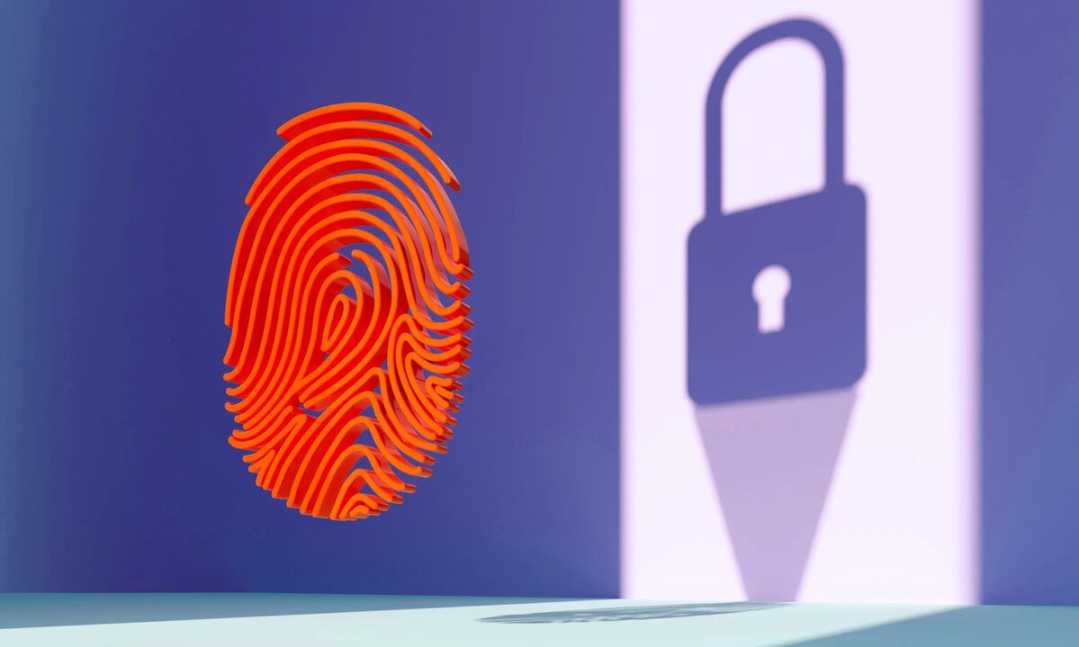A password-less future is one step closer to reality

Image: Andriy Onufriyenko/Getty
Starting this week, users logging in to personal Google accounts will be prompted to create and use passkeys instead of passwords. Meaning a future with less sticky notes by the computer is in sight.
🤔 What are passkeys?... Similar to that one song by that one artist whose name you can’t quite remember, the definition sounds familiar once you hear it. A passkey lets you sign into accounts using the same method that unlocks your device, such as Face ID, a fingerprint sensor, etc.
The main advantage to passkeys (besides not having to remember 30 different passwords) is that they’re phishing-resistant, because a hacker needs your actual device, not just your password, to break in.
If the device storing your passkeys gets broken or lost? No problemo.
- Passkeys work across multiple devices, so a backup may be available.
- Many services that support passkeys will also reauthenticate to your phone number or email address or to a hardware security key if you have one, per The Verge.
👀 Looking ahead… In a blog post announcing the passkey news, Google stated its intention to work towards making passwords “a rarity, and eventually obsolete.” And, like a nepotism hire, the tech giant may not have that much work to do. Many apps and companies already allow users to log-in to accounts using passkeys, including YouTube, Search, Maps, Uber, and eBay.
Share this!
Recent Science & Emerging Tech stories

Science & Emerging Tech
| October 12, 2023NASA is investigating the most valuable rock in our Solar System
🚀☄️ NASA is set to launch a 2.2B-mile expedition to an asteroid named Psyche – which is thought to contain several *quintillion* dollars worth of metals – a bid to learn more about the core of our own planet

Science & Emerging Tech
| October 5, 2023The US issued its first-ever space debris fine – and more could soon follow
💰🛰️ The FCC this week imposed the first fine in US history for littering in outer space. Its lucky recipient? Satellite TV provider Dish Network.

Science & Emerging Tech
| September 28, 2023America’s largest steelmaker is turning to nuclear fusion
🏗️⚛️ Nucor, America’s largest steel company, announced a first-of-its-kind partnership with nuclear startup Helion Energy to develop a fusion reactor plant that will power steel mills by 2030.
You've made it this far...
Let's make our relationship official, no 💍 or elaborate proposal required. Learn and stay entertained, for free.👇
All of our news is 100% free and you can unsubscribe anytime; the quiz takes ~10 seconds to complete